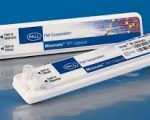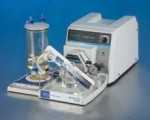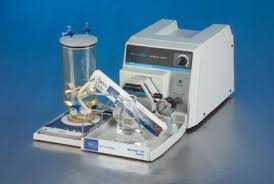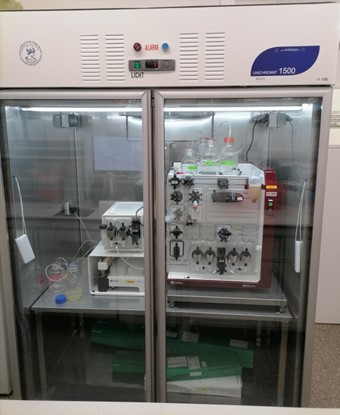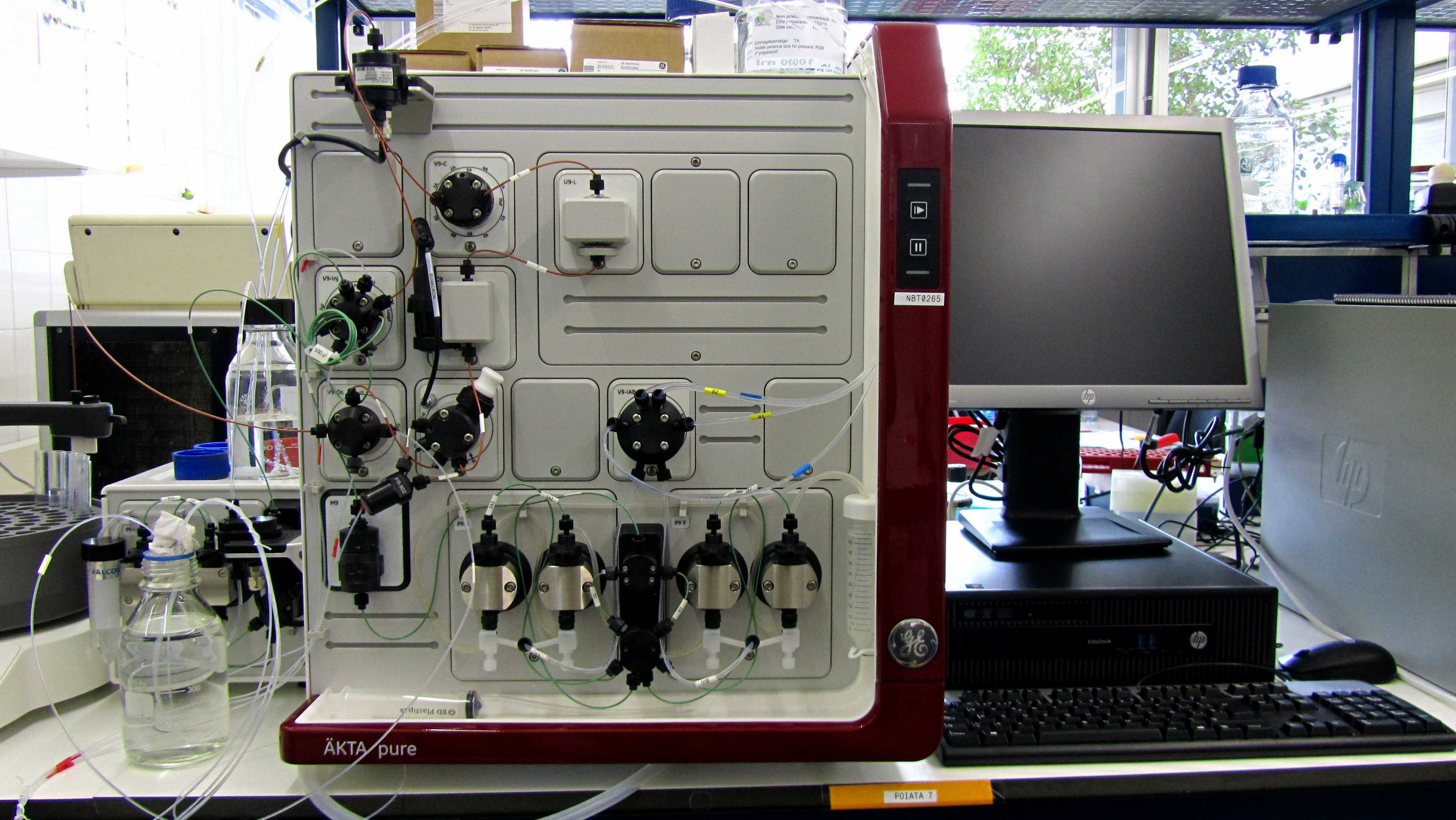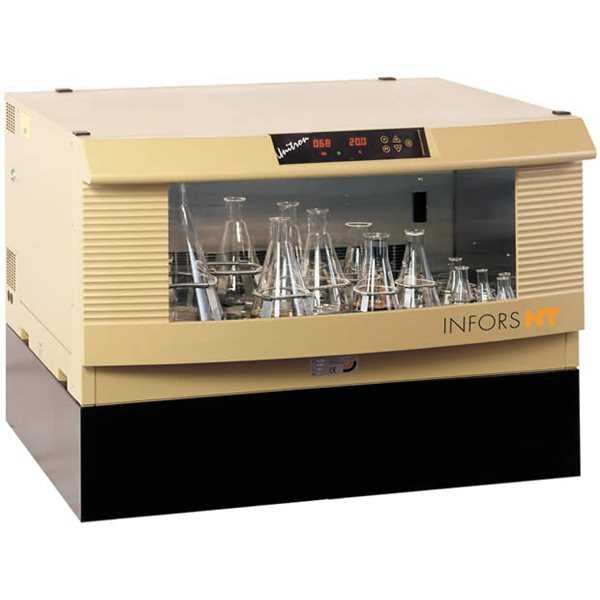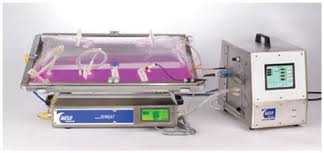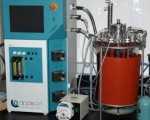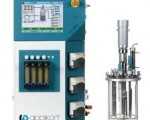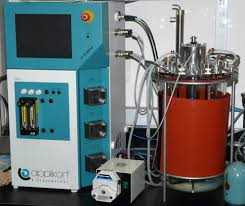U1-S05. Training courses in protein production (Biomolecules production)
Training courses in protein production (Biomolecules production)
The PPP unit provides personalised training courses in recombinant protein production and purification either at our facilities or at the client’s.
The courses can include practical training sessions, for example, in the use of FPLC-AKTA systems.
Examples of trainings are:
- “Strategies for optimization of recombinant protein production” Advanced and Initial levels.
- Theoretical-practical training in the management of the FPLC-AKTA system.
Applications: For users who want to use FPLC-AKTA systems. For staff of biotechonology companies. For students of Ph.D. programs.
Customer benefits
The PPP Unit specialises in designing, producing, and purifying recombinant proteins on demand, tailored to customers‘requirements. We have an extensive expertise in designing different strategies to achieve successfully final products according customers‘ needs. The service is completely personalised to ensure that the training fits the needs of the costumer. The training courses can be made collectively or individually.
Target customer
The PPP Unit extends its services across the scientific community, serving both private and public research organizations. This includes support for research centres, universities, hospitals, and companies in the sector. Leveraging our connection with the university, the PPP unit also provides specialised courses as part of the official master’s degrees and PhD programs at UAB. The training courses can be made collectively or individuality.
Additional information
See morea bout the PhD programme in UAB (link)









